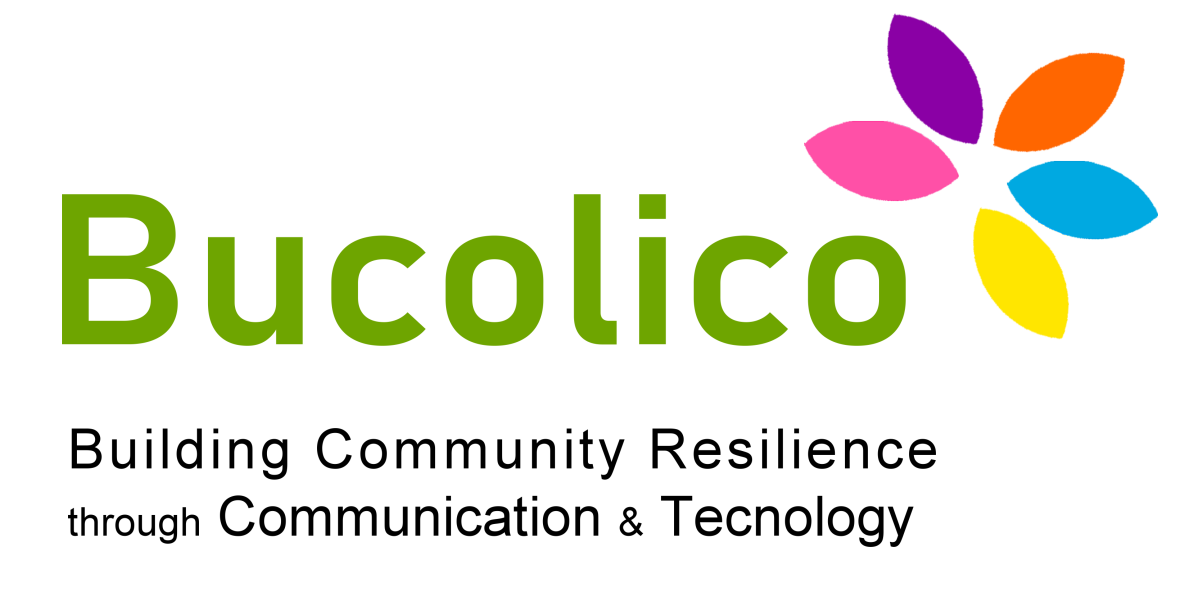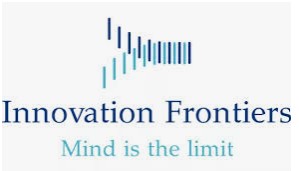Keywords
Sustainable farming, mountain wine-making
Description:
INTRODUCTION
Founded in 2004, Castellucci Miano’s roots lie under the shadow of the 2,000 metre-tall Madonie range, in Valle dell’Olmo district, were vines are continuously recorded since 1570.
Starting as social wine-making co-operative in the 1960s, Castellucci Miano is now a limited companys features organic wine from vineyards aged between 30 and 50 years, located at an altitude between 700 and 1050 metres above sea level, taking advantage of the strong day-night temperature variations in order to produce a crispy-tasting wined based on such native grapes as Perricone, Catarratto, Inzolia and Nero d'Avola.
SUSTAINABILITY
“Environmental sustainability is part of core of Castellucci Miano’s business vision” says Domenico Piazza CEO.
The management has retrieved old sapling vineyards left over from the great extension of the past, making them unique examples of biodiversity in the Valledolmo area. The wines produced from these grapes represent an example of the preservation of territorial identity. Solar panels help reduce energy production costs.
Socially speaking, employees are the heart part of the company, since the 6 members of staff are charged with the manual picking and processing. Employees are all local, and grapes produced outside the company perimeter are also welcome, as long as they come from Valledolmo vines. In fact, Piazza adds: “we keep working as a high price cooperative winery, which also entails an added environmental and landscape value since the hinterland hills would otherwise be entirely fall prey to cereal monoculture. Around us there, there is no blonde Leopard-like desert, but small rather indigenous vineyards extending 2 hectares each, which, put together, make up Castellucci Miano’s 75 hectare estate "
TRADITION AND INNOVATION
Being the evolution of a pre-existing co-op winery, the family business structure and setting remain intact, so much so that the current owners are the third generation, while the legal nature has changed and is currently a joint stock company. This step has been accompanied by an adaptation of the company philosophy, which has set itself the goal of quantitatively reducing and qualitatively raising production, by combining the ancient sapling vineyards with the more recent espalier ones.
This is why he 3,500-4,000 hectoliters vinified annually are no longer tailored for local consumption, but for 70% to the regional and Italian market (especially Lazio, Tuscany, Lombardy, Veneto and Friuli Venezia Giulia) and for the remaining 30% to international ones ( France, Germany, United Kingdom, Poland, Belgium, Netherlands, United States, Canada, Japan, China).
From a technological point of view, the equipment is of the latest generation and – once renewed – the sparkling wine production plant will soon be brought back from Veneto.
VALUES AND DISCIPLINARIES
The vineyards are located within the Valledolmo CDO established together with Regaleali, previously called CDO Conte di Sclafani. Castellucci Miano has worked hard to transfer the DOC quality standard to the other producers of the area and from this derives the highest price of the grapes, subjected to continuous inspections and punctual evaluations by the company oenologist who assigns the vineyards to one another bottle. .
SCALABILITY AND RESILIENCE
Domenico Piazza is satisfied with the size of the company and does not aim for either vertical or horizontal scalability, but rather a qualitative one.
As to customer services, he claims he wants to "improve the hospitality offer". While, in terms of wine research he claims to be looking forward "to bringing other grapes to Valledolmo in order to develop them in our unique climatic conditions of daily temperature range."
As in many other cases, Piazza notes that a factor limiting resilience is bureaucracy and that to resist and grow in phases of economic contraction "one needs to focus on the environmental properties of the landscape, on zero pollution and – above all – to have a good idea."
Aanverwant trainingsmateriaal
- Anassa Organic, an innovative way of serving and tasting Greek nature.
- Convert Art: A young woman manufacturing handmade handbags, jewelleries and other every-day use products from recycled materials
- Phee: A group of young entrepreneurs using dry seagrass to create natural and biodegradable materials








